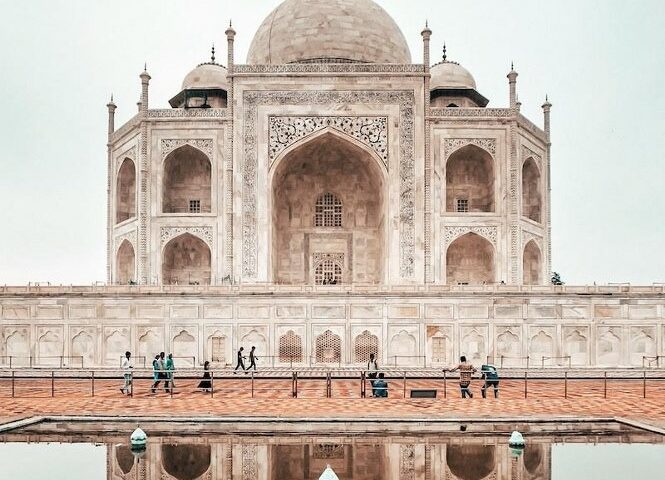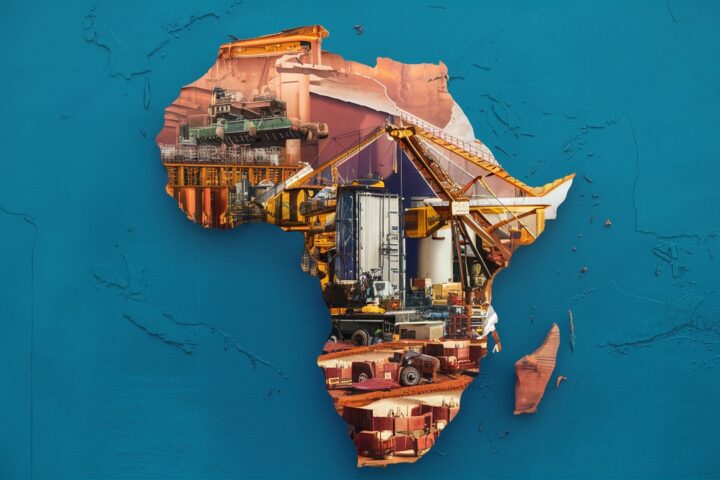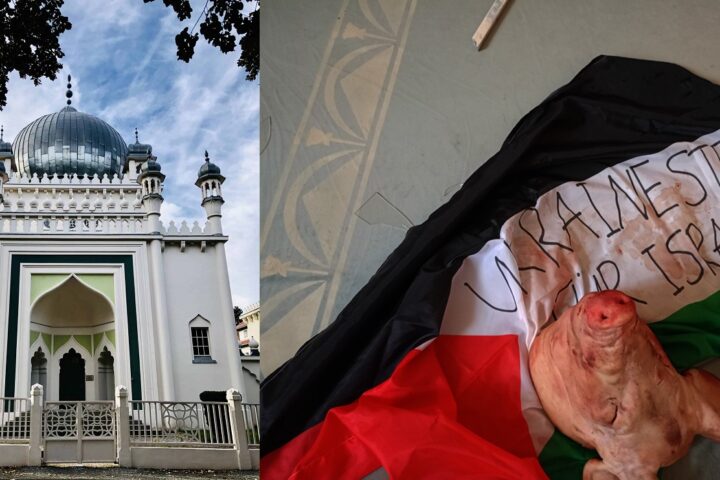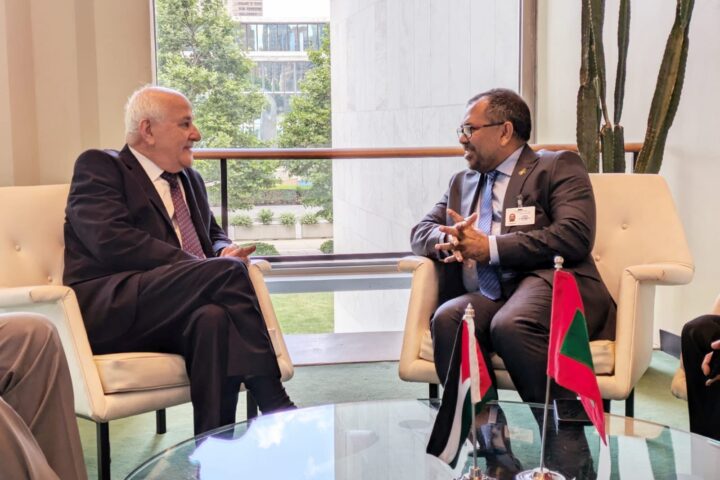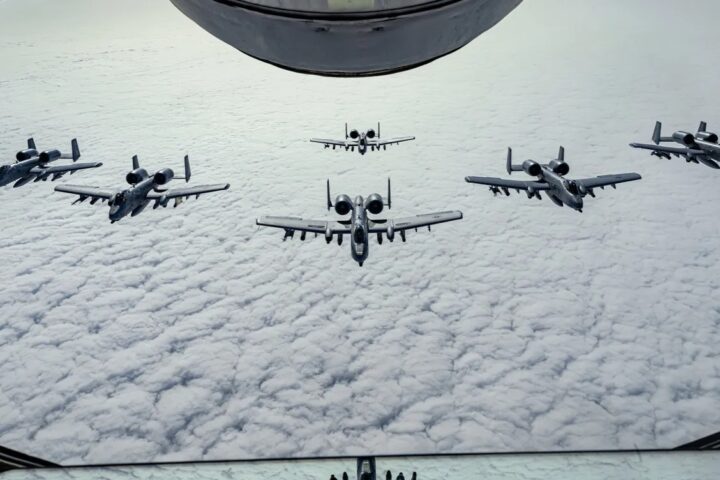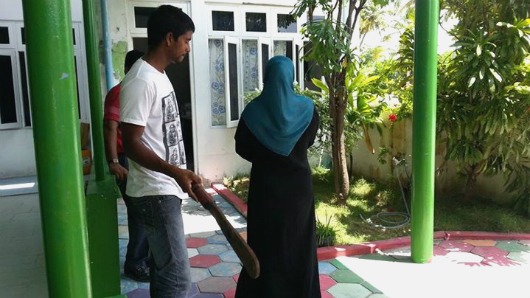MALÉ, — As the new government and supporters celebrate the withdrawal of Indian troops from the country, a vigorous debate has arisen over the true scale of the reduction in India’s military footprint.
Former Home Minister Umar Naseer has voiced concerns that while uniformed Indian personnel have departed, Indian military assets and personnel in civilian attire remain firmly entrenched. In a recent opinion piece, he contended that Indian Navy helicopters, a maritime patrol aircraft, radars, and associated army staff still maintain a presence.
“The recent changes until May 10 merely involved the withdrawal of Indian troops in uniform,” Mr. Naseer asserted, “while India subsequently deployed individuals who are not in uniform — shaping a new narrative.”
He further alleged that Indian military vehicles continue to operate in the Laamu, Addu and Haa Dhaalu atolls, staffed by Indians out of civilian clothes. Accusing the government of Dr. Muizzu spreading misinformation, Mr. Naseer emphasized, “If the Maldivian government accepts to this narrative, it would be akin to mislabeling a sugar container as salt.”
However, no official statement has been issued yet by government officials, leaving ambiguity surrounding their efforts to fulfill campaign promises of reducing the Indian military presence while upholding vital security cooperation with India, a traditional partner.
The debate underscores long-standing anti-India sentiments in some quarters of Maldivian society, particularly after the former president, Yameen Abdul Gayoom, spearheaded an “India Out” campaign fueled by misinformation spread through online media and forged documents circulated on social media.
Meanwhile, during his trip to New Delhi on Thursday, Foreign Minister Moosa Zameer addressed Indian concerns regarding derogatory remarks made by junior ministers in Maldives against India and Prime Minister Modi, affirming that such statements would not be repeated in the Maldives. Additionally, Minister Zameer engaged in discussions regarding the rollover of loans that Maldives is obligated to begin repaying to India.
Mr. Naseer, who contested the presidential election on an anti-India platform, contends that over the past 14 years, India has sought to “bolster its foothold” through financial aid, grants to governments, and engagements with politicians and media.
The controversy intersects with escalating strategic tensions between India and China across the Indian Ocean region. Positioned along crucial maritime trade routes, Maldives has shown inclinations toward China under the leadership of President Dr. Mohamed Muizzu.
As the new administration formulates its foreign policy, calls are mounting for a delicate balancing of relations with the rival powers, presenting a formidable challenge. The debate highlights the complexities of untangling the Indian military presence, which has historically been the primary crisis responder in Maldives, while preserving ties with a vital partner.
Indian officials, speaking to TruthMV on condition of anonymity, reiterated their nation’s commitment to assisting Maldives and emphasized that any military presence is at the request and with the cooperation of the Maldivian government to ensure regional stability and security.


